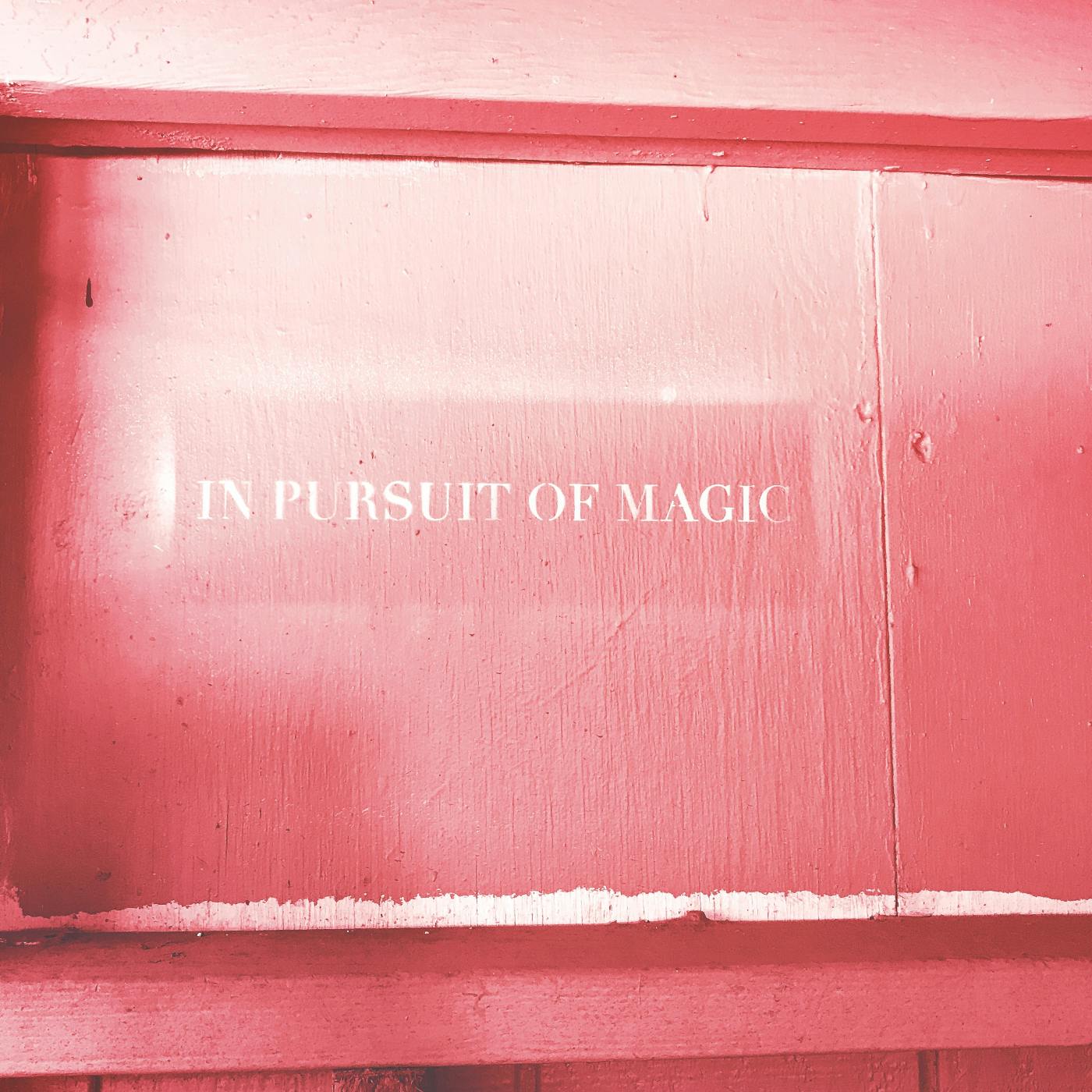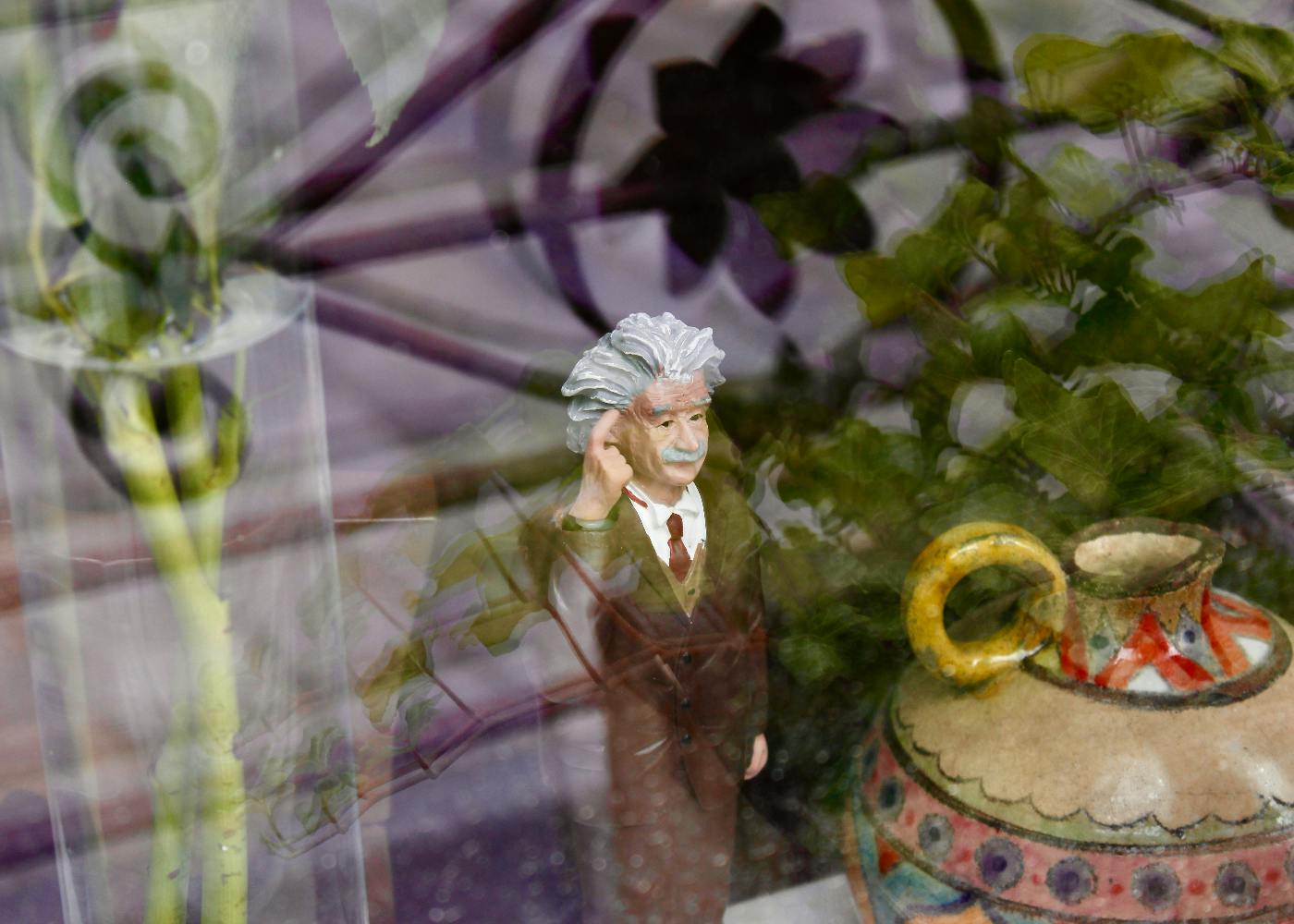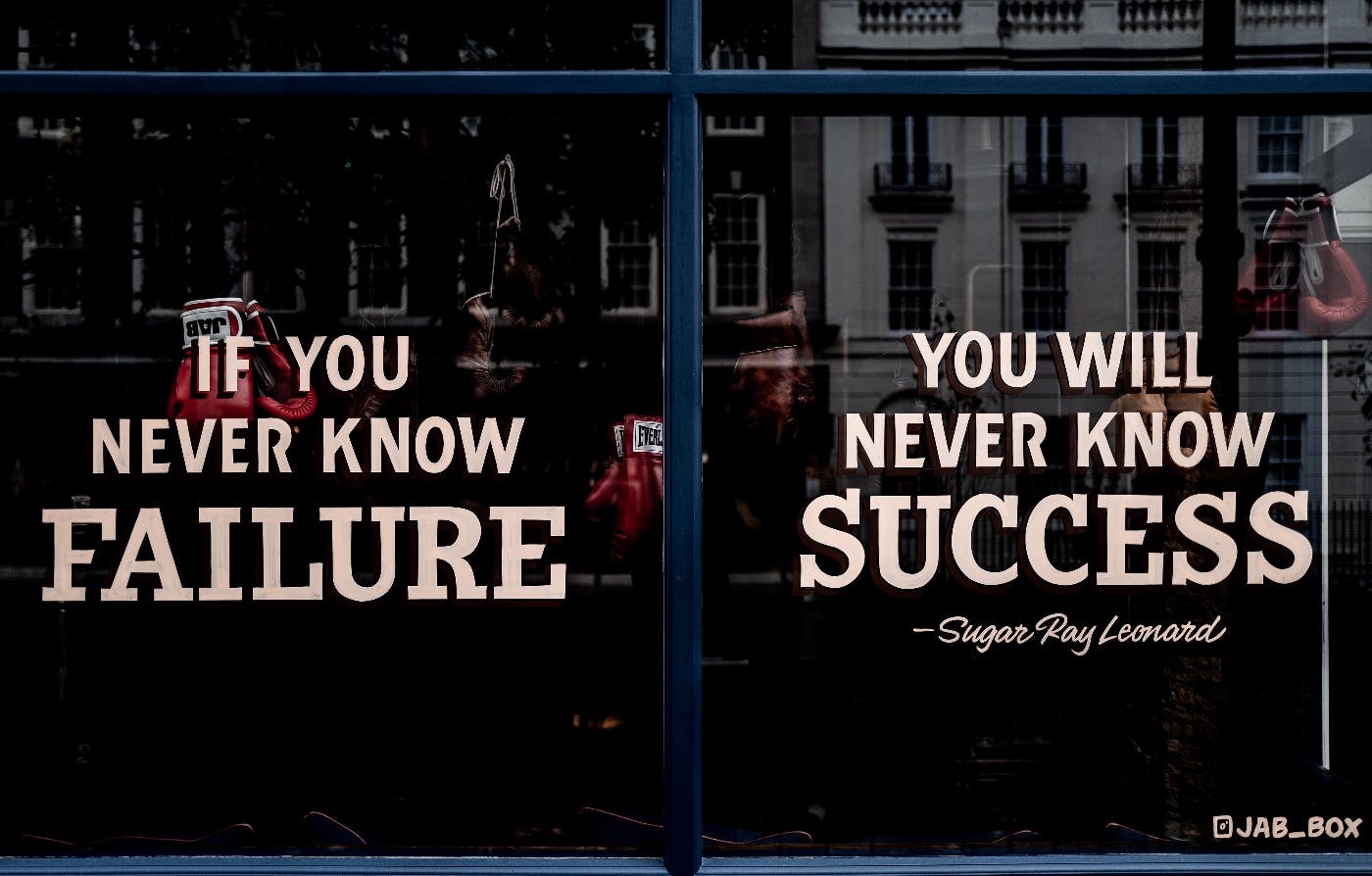
For most of my life, optimists have puzzled me. I’m not a very glass-half-full kind of guy. I’m very much glass half shattered, bloody lip, why does this always happen to me, kind of guy.
For most of my life, optimists have puzzled me. I’m not a very glass-half-full kind of guy. I’m very much glass half shattered, bloody lip, why does this always happen to me, kind of guy. I didn’t plan it, and I didn’t try to be that guy; I just doubt, and mistrust, and I believe that if something good happens to you, buckle up because something horrible is just around the corner. That’s the way I was taught.
I recall something my grandmother said to me once as I told her about how I had done great in a spelling contest. We were in her garden, and I was helping her pick tomatoes. At the moment I was sharing my good news, I was stung by a bee. She didn’t offer sympathy or kisses to make the pain disappear; she said to me, “That’s what happens; God has taught you a lesson.” The lesson was that I was bragging, and God decided to put me in my place. So, I learned in that sunny Sunday garden that if something good happens, something terrible will happen if you acknowledge it at all.
That started me down the lifelong road of mistrust, doubt, fear, worry, and pretending that the good things in my life either didn’t happen or weren’t as good as people made them out to be. Because of this, I have missed opening night parties for great productions I have been in, avoided birthday parties that friends wanted to throw for me, and a myriad of other joyful celebrations and events because I thought, well, if I don’t acknowledge the good thing, then the bad thing has no reason to happen. Not glass half full or half empty, more like leave the glass in the cupboard and nothing gets broken.
What is an optimist
One of the first things I realized when I set out to write this is that the term optimist has become a catch-all for a lot of stuff that sounds fishy or flaky. I am guilty of this myself. When someone says to me, oh, he’s an optimist, I immediately think of someone who is always smiling, always joyful, and full of those pop-psychology expressions that get people through the day. I also believed that most of the time, it’s a font and that when these optimist types get home, they beat their wives, punt the dog, and are generally miserable.
The truth is that optimists are just people with good and bad days and experience trials and tribulations, just like I do. The difference is, when something “bad” happens to me, I think, of course, why wouldn’t it? I am terrible and deserve to have all the birds in the world shit on my newly washed car. Whereas the optimist says, this happens, and it is not the last word; it doesn’t mean all of life is terrible and things will be better tomorrow or in five minutes.
An optimist, by definition, is someone who tends to be hopeful and confident about the future or the success of something. They are hopeful. That’s not the same as being mindlessly positive. They have looked at the situation, dipped into their experience, and are hopeful that good will happen. They aren’t unthinkingly saying the world is sunshine and roses. They are choosing to say, yup, there’s crap in the world, but there is also a lot of good, and I choose to focus on the good.
I choose to focus on the good. They don’t deny the bad; they don’t deny that terrible things happen; they are not blind to the world; they choose to focus on the good. In contrast, I focus on the bad. That’s my default, and that’s my comfort zone, misery.
But no one is forcing me to live this way; I could have let what Grandma said go in one ear and out the other, but I didn’t. I chose to believe God wants me to be punished if I feel happy, and thus, the world wants me to be unhappy, a curmudgeon, and a world-class pessimist. No matter what set me on this course, the bottom line is that I made the choice.
Choosing Optimism

It’s as simple as that: make the choice to be optimistic. Have a nice day.
But that’s a double-edged sword for someone like me, a mistrustful, doubting, dyed-in-the-wool misanthrope. After a lifetime of choosing not to be optimistic, how does one just change? Well, one doesn’t. One can change, but one does “just” change, like flipping a switch or changing into pajamas to avoid the day. Choosing to see the world through the eyes of an optimist isn’t easy, but it is worth it.
Some thoughts about optimism and its benefits can help those who struggle to change their life views like me.
The Benefits of Optimism
We are what we think. I know we are what we eat, and that’s true, but how we think colors who we are and how we live and react to life. Life is better for those who think positively than it is for those of us, like me, who swim in a hostile sea.
So, let’s look at the benefits that thinking positively and being optimistic can bring to our lives.
Optimists feel healthier
There was a study done with 150,000 people from 142 countries, the result being that if we think of the world as good and that things will work out for us, we are more likely to rate our health and well-being as better. We think things are better, so we feel better.
Optimists ARE healthier
The Harvard School of Public Health did a study, and they found that people who see the good see the glass half full had fewer heart problems like cardiovascular disease and better cholesterol readings.
Optimists live longer
If we expect to live into old age, we will. Researchers in Pittsburg took 100,000 women, and over an eight-year period, they discovered that optimists were less likely to die of all causes than cynics or pessimists.
Optimists experience less stress
That whole don’t stress the small stuff is actually true. Optimists tend not to stress over the little things. Up there in Quebec, they did a study and found that optimists produce less cortisol, the stress hormone, during stressful times. Also, they didn’t experience as much perceived stress during stressful times.
Optimists have better relationships
A sunny disposition, not nitpicking every detail, and seeing the brighter side of life help a great deal in romantic relationships. Over in Oregon, a study showed that increased happiness was true if both or just one partner was optimistic.
Optimists get more job offers and promotions
Some folks at Duke University followed a bunch of MBA grads as they flooded into the workforce. They discovered that those who were positive about finding a good job got that job. Further, they discovered that optimists always found reasons to like their jobs, be positive about the work, and receive more promotions and opportunities than pessimists.
Optimists adapt better
The optimist believes it’s not what happens to us in our lives but how we react to what happens that matters. Down under in Australia, they did a study with kids entering university. Those who were more optimistic about their move to university life experienced less stress, anxiety and a more successful first year overall.
Start By Thinking Better

Like I said, this isn’t going to be a situation where you can just flip a switch, and ta-da, now you’re an optimist. It will take time, and it will be worth it. I have started on this journey of changing my mindset, and so far, it’s been rough, but I am seeing results.
Here are some things that I have been working on that are starting to sink in and help me change my mindset.
These are small changes, but they took some time to really connect. I have started noticing the good things in life and letting them have their moment. Usually, I would see something good and find a way to keep it at a distance with a cynical remark. Now, I notice, appreciate, and move on.
I’ve stopped or reduced the times when I blame myself if something goes wrong. Specifically, this goes for things that are out of my control. I was so bad that I blamed myself if I planned an outing and it rained. I’m doing that less.
When I do something good, I no longer think that it is a fluke and that I will be punished if I say anything. I have started giving myself credit for the good things I have a hand in.
I’ve noticed how people talk about themselves. I hear how pessimists can quickly turn even the best events into stress-filled nightmares and how they say, of course, this happens to me. While optimists roll easier, use happier language, support and encourage more, and are more free with praise and kindness.
Give yourself a break
That’s the start; give yourself a break. Allow yourself to have a bad day that doesn’t color your entire life. Let bad things happen to everyone; the universe isn’t out to get you. Accept that good things happen, and there is no punishment waiting around the rhubarb. Allow yourself moments where you see something good and allow that to be.
It is a journey, and if you’re like me, you have traveled in the opposite direction for a long time. Know that and keep it in mind as you turn the ship around and head back in a more positive, pleasant, and optimistic direction. Allow the time, notice the changes, and celebrate the moments.
It’s not easy, but it certainly is worth it.

